UNited for a different migration
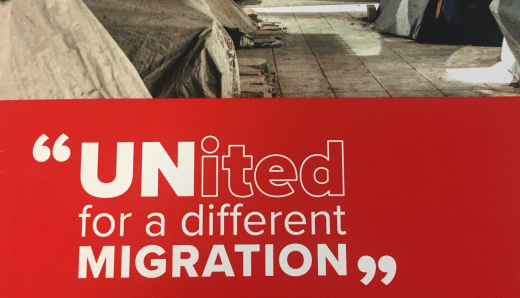
It's UN week in New York City! That means: Heads of State and Heads of Government from almost all the countries in the world visit New York to join the General Assembly of the UN. This 73rd session of the General Assembly opened on the 18th of September and lasts until the 5th of October. Besides everything going on in the buildings of the UN itself, there are many side events in the city. Including the "UNited for a different migration" conference, organised by the Foundation for European Progressive Studies (FEPS), of which FMS is a member.
Migration: viewpoint FMS
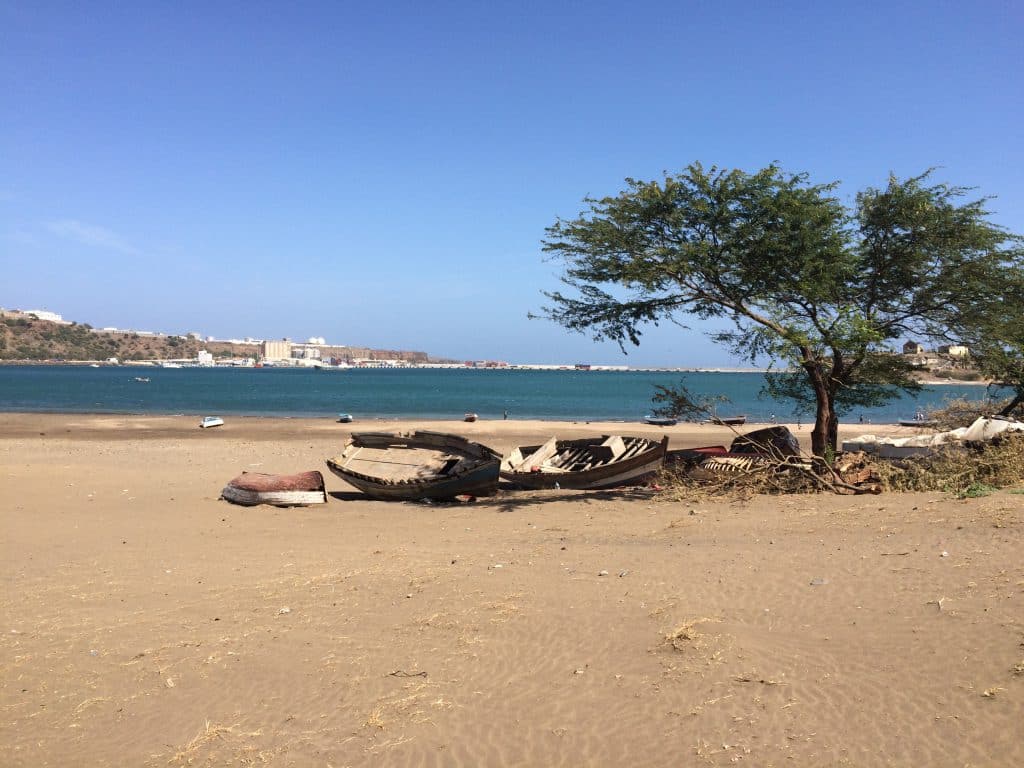
Migration is of all times and cannot be stopped. At best, it can be managed. The EU sees unregulated migration flows as one of the biggest challenges in its existence. We have set out a number of principles that a fair migration policy must meet.
Talking about the new development policy
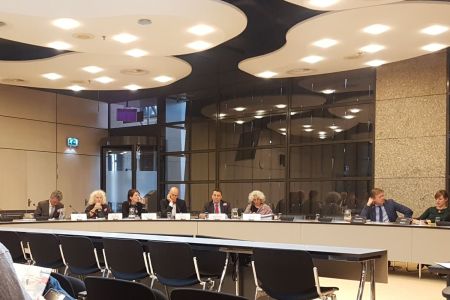
On 19 June, the roundtable discussion on the policy paper 'Investing in Perspective' took place in the Lower House. A dynamic group of companies, business organisations, NGOs and professors talked to MPs about the new policy of Minister Kaag for Foreign Trade and Development Cooperation (BHOS). FMS was also present and listened attentively from the audience. The discussion consisted of three rounds where the different groups could express their thoughts on the policy paper, and answer substantive questions from the MPs present.
Stop the abolition of dividend tax!

Tax Justice Netherlands, of which FMS is part, is today launching a campaign against the abolition of the dividend tax. The cabinet plans to come to the House of Representatives in September with the bill abolishing dividend tax. In the coming months, we want to make it clear that the abolition of this tax is ill-considered and should therefore be abandoned.
'Investing in Perspective': the new development policy as a lucrative business model?
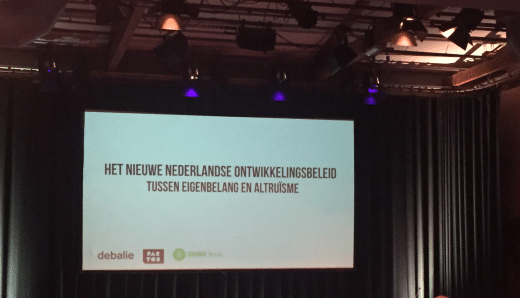
On 18 May, Foreign Trade and Development Cooperation Minister Kaag's long-awaited policy paper (BHOS) was released. Good news: the Sustainable Development Goals (SDGs) are given a central role in the policy paper Investing in Perspective and gender equality (SDG 5) also runs like a thread through the piece. Yet there are also a number of not entirely unimportant SDGs that are left out in the cold. In addition, Kaag steps away from some partner countries and focuses her policy on a number of regions, namely West Africa/Sahel, Horn of Africa, Middle East and North Africa, to tackle poverty, migration, terror and climate change. Business is given an important role here: the BHOS policy is presented by Kaag as a lucrative business model, not only when it comes to foreign trade, but also development cooperation. With this approach, Kaag unfortunately ignores the importance of good governance and room for a level playing field. The paper also mainly takes into account the interests of BV Nederland, regularly losing sight of the interests of developing countries.
Will you be our new intern(s)?
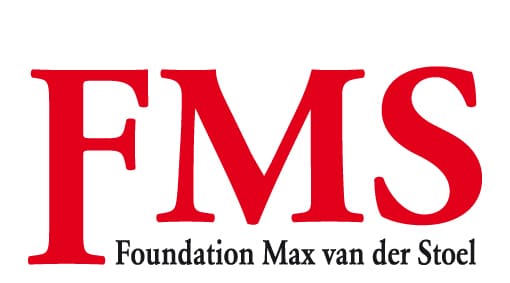
Do you have an affinity with international politics and want to know what it is really like at a political organisation? Then an internship at the FMS might be for you!
Adopt an SDG LIVE with 10 MPs!
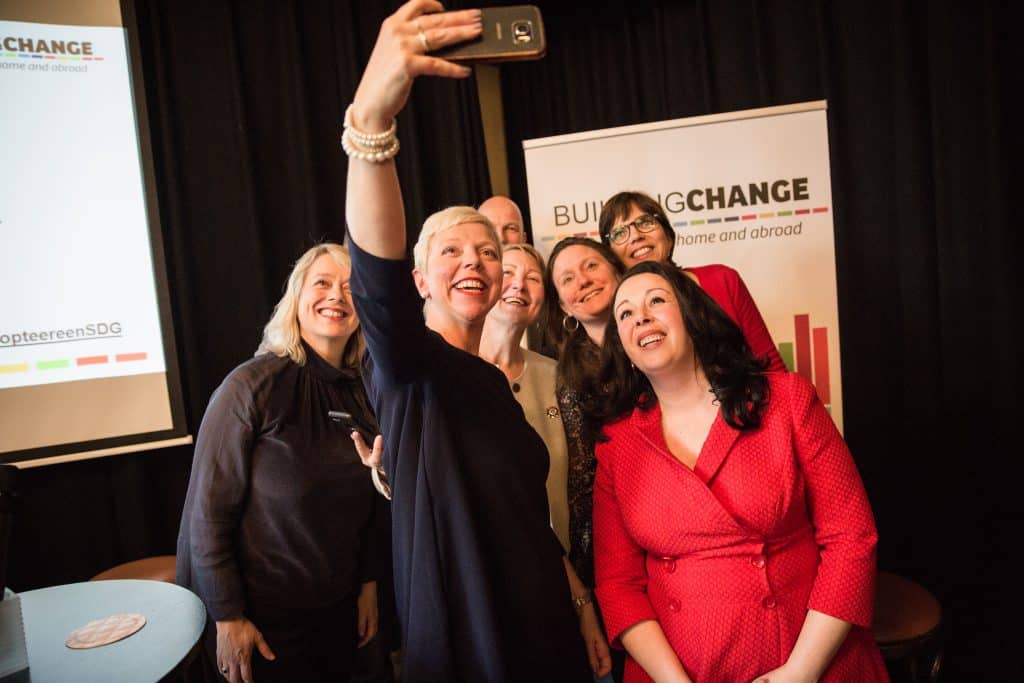
On Thursday 29 March, Building Change organised the event 'Adopt an SDG LIVE' in Dudok The Hague. After six months of 'Adopt an SDG', it was high time for a look back and forward. No fewer than 11 MPs took the stage to talk about what they have done in the past six months to contribute to achieving their adopted SDG(s). There was also room for civil society organisations to provide the MPs with feedback, and we talked about their future plans for their SDG(s).
Small changes make a difference! The power of new activism and civic initiatives in Africa
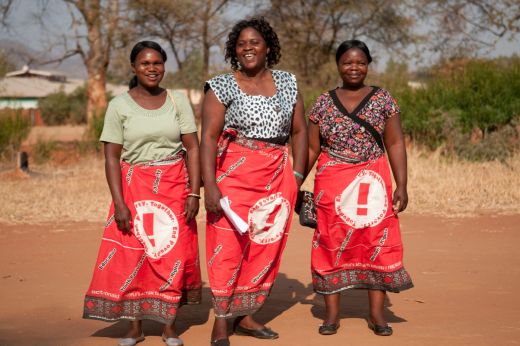
"It is the little things that citizens do. That is what will make the difference." So argued Dr Wangari Muta Maathai in one of her speeches addressed to the entire African continent. The Kenyan environmental and political activist and Nobel laureate knew how to powerfully encourage activism and civic initiatives to create positive change like no other. Where politics is still often traditional and closed, ordinary people know how to penetrate power and force change. This occurs in many areas, such as women's rights, children's rights, environment, anti-corruption and economic rights. With technological developments and social media as a powerful weapon, more and more people, mostly young people and women, are making their voices heard. Consequently, this year's Africa Day will focus on activism and civic initiatives.

